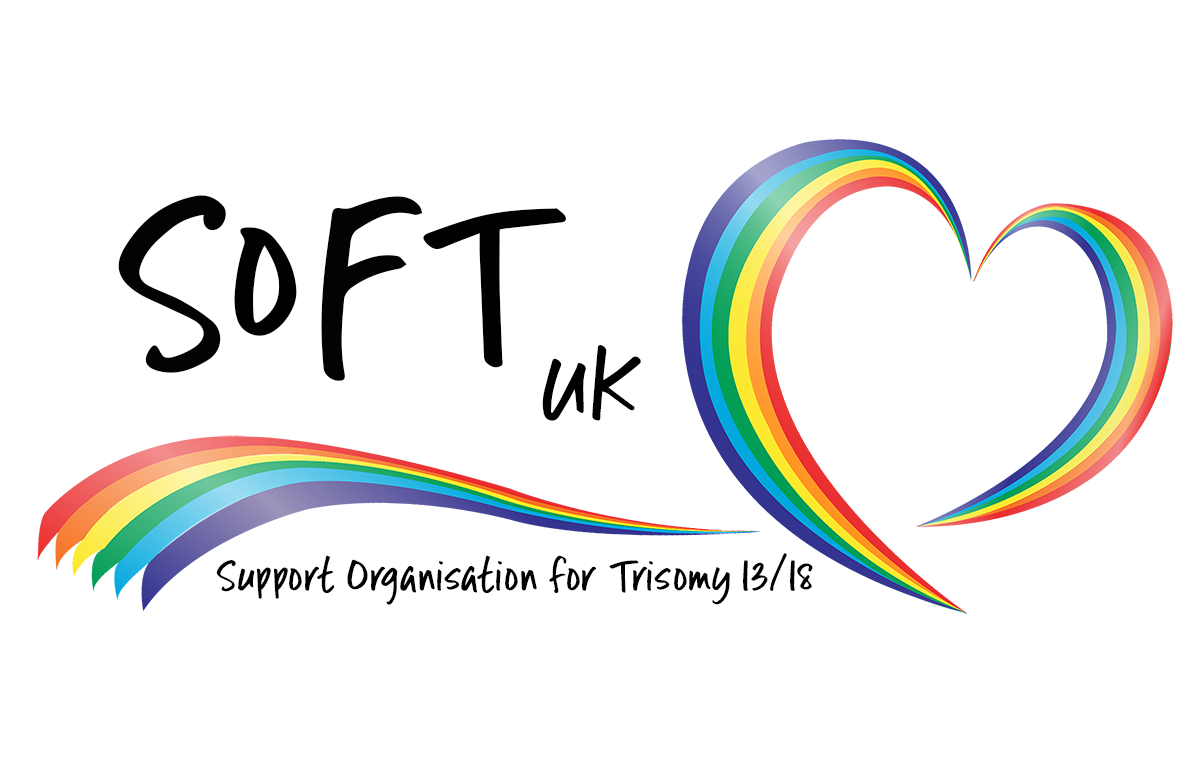Depending on the decisions you make about your baby, you may be referred on to other support services. This is not intended to be an exhaustive list, just some examples of services and support systems you may be asked to consider in the neonatal period.
Going Home
If you have chosen to go home with your baby, you may be referred to support services in the community where you live. This may include a Childrens' Community Nursing Team, who can help support you with any nursing care needs when you get home. They can also help liaise with your GP, should your baby need any further medical care. Depending on your baby's health, you may also be referred to other health professionals like Physiotherapy, Speech Therapy and Occupational Therapy.
Due to your baby's special needs, you can expect a referral to social services for a needs assessment to determine if additional support is necessary for your child and family. Typically, this referral is made by a healthcare professional such as a health visitor supporting you upon your return home. If your family requires support services, the process begins with a referral from your health visitor to a social worker for a child in need assessment. Alternatively, if needed, you can initiate the referral process yourself.
It is also worth considering whether using a Hospice Service to support your return home might be helpful. Children's Hospices provide a wide range of support services to the families of medically complex children. They can provide respite services in the hospice itself and many now operate Hospice at Home services, where staff can assist you at home if this is your preference. They can also provide support, information, advocacy and help with a wide range of issues including benefits and funding.
Specialist Medical Intervention
Your child may require more specialist medical intervention. The most common referral for babies affected by Trisomy is cardiac specialists. Sometimes this will be in a hospital far from where you live, in order to get the best care for your baby. Your medical team will discuss all referrals with you before they are made, in order to get your consent for them.
Palliative Care
For families whose babies are very poorly, you should be offered support from Palliative Care services. These can be provided in a variety of settings; in hospital, in a hospice setting or at home. You should be fully informed about what services are available to you in your area and what your choices are. In most cases you should be able to meet with professionals from the service to find out more about what it can offer you. Accepting Palliative Care support can mean you can have the choice about where your baby lives and dies. Palliative Care professionals can help keep your baby comfortable and provide support for the wider family. Most Palliative Care Services also provide support following a bereavement, which can be crucial to families.
It is important that you feel supported in the care of your baby if they are very poorly.
Have a look at our list of hospice resources across the UK here.

